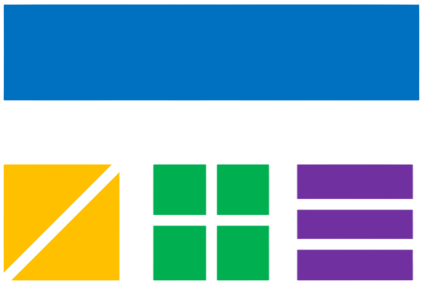Water Intake Calculator Information
Why Water Intake Matters
Water is essential for life and makes up about 60% of your body weight. Proper hydration is crucial for maintaining bodily functions, regulating temperature, transporting nutrients, and removing waste.
- Water Intake Formula: Based on weight, age, gender, activity level, and climate
- Maintains body temperature and cellular functions
- Supports digestion, nutrient transport, and waste removal
How to Use the Calculator
Enter your weight, age, gender, activity level, and climate. The calculator provides your recommended daily water intake and hourly breakdown. Adjust based on your individual needs and health conditions.
- Weight (kg) = Your body weight in kilograms
- Age Factor = Varies by age group (children: 50, adults: 35, seniors: 30 ml/kg)
- Gender Factor = Men: 1.1, Women: 1.0
- Activity Factor = Sedentary: 1.0, Very Active: 1.4
- Climate Factor = Cold: 0.9, Very Hot: 1.3
Daily Water Intake Guidelines
These are general recommendations including all beverages and food
Hydration Benefits
- Improved Physical Performance: Better endurance and strength during exercise
- Enhanced Cognitive Function: Better concentration, memory, and mental clarity
- Digestive Health: Prevents constipation and supports proper digestion
- Skin Health: Maintains skin elasticity and healthy appearance
- Kidney Function: Supports proper kidney function and waste removal
- Temperature Regulation: Helps maintain optimal body temperature
Factors Affecting Water Needs
Larger individuals generally need more water. The calculation uses body weight as a primary factor.
Children need more water per kg (50 ml/kg), adults need 35 ml/kg, seniors need 30 ml/kg.
Men typically need about 10% more water than women due to larger body size and higher muscle mass.
Physical activity increases water needs through sweating and increased respiration.
Hot and humid environments increase water needs, while cold climates may reduce them.
Frequently Asked Questions (FAQ)
A: Monitor your urine color - aim for light yellow or clear. Also watch for signs of dehydration like thirst, dry mouth, or fatigue.
A: Yes, overhydration (hyponatremia) is possible but rare. Most people don't drink enough water rather than too much.
A: Yes, but water is the best source. Limit sugary drinks and be aware that caffeine and alcohol can have diuretic effects.
Important Disclaimers
Disclaimer: This calculator provides general recommendations for educational purposes only. Individual water needs may vary based on health conditions, medications, pregnancy, breastfeeding, and other factors.
Always consult with a healthcare provider for personalized advice, especially if you have kidney problems, heart conditions, or other medical issues that affect fluid balance.
The recommendations include water from all sources (beverages and food). Listen to your body's thirst signals and adjust your intake based on your individual needs and circumstances.
